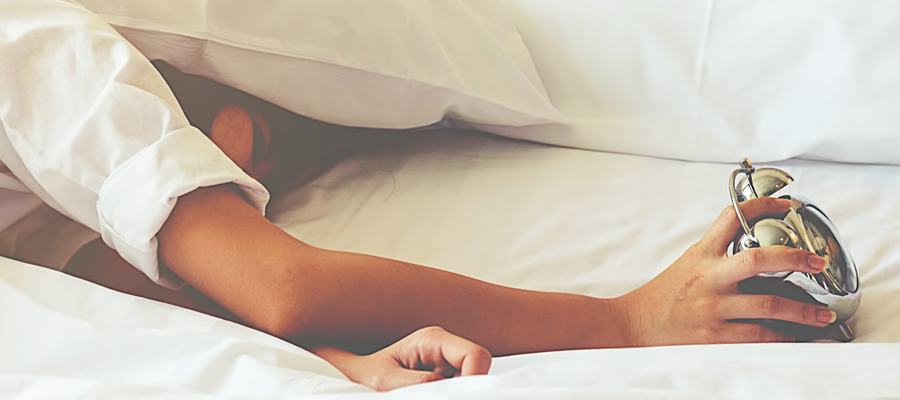
This past Sunday we turned our clocks back an hour officially starting standard time and saying goodbye to Daylight Savings Time, opens a new window (DST), well at least until March 2019 when DST starts back up again. Since the inception of DST we have been told it is beneficial, but is it really all that good for us?
Many countries started using DST for economic reasons during times of war and scarcity. In France, in the nineteen century, it meant saving one ton of candle wax per day, but with today's advancement in technology, renewable energy and many other emerging smart technologies it hardly makes a difference.
On Election Day, 59.99% of Californians voted "Yes" on Proposition 7, opens a new window. This now allows the California State Legislature to (1) change the dates and times of the DST period, as consistent with federal law, by a two-thirds vote and (2) establish permanent, year-round DST in California by a two-thirds vote if federal law is changed to allow for permanent DST.
Rep. Kansen Chu, opens a new window (D-25), a legislative sponsor of Proposition 7, described DST as an "outdated practice of switching our clocks in the fall and spring." [8, opens a new window] He also said, “... voters will get to decide whether or not to eliminate the practice of switching our clocks twice a year. We started this practice to conserve energy during wartime, but studies show that this is no longer the case. We are no longer saving energy, and studies have shown this practice increases risk of heart attacks, traffic accidents and crimes. It is time that we as a state reconsider whether this is still beneficial to our residents.” [9, opens a new window]
Proponents of DST like senator Jim Nielsen, opens a new window argue that it saves energy, promotes outdoor leisure activity in the evening (in summer), and is therefore good for physical and psychological health, reduces crime or is good for business. Groups that tend to support DST are urban workers, retail businesses, outdoor sports enthusiasts and tourism operators.
I grew up in Arizona where DST is not observed and I was totally confused when I moved to Los Angeles back in 2011. One of the most depressing things was leaving work at 5:00 PM and realizing it was already dark, making it feel like it was 7:00 or 8:00 PM. What researchers are pointing out are the many detriments to our body's internal (circadian) clock. Studies show this is one of the contributors to depression and over consumption of food, over sleeping and many other bad habits. A 2016 study in the American Economic Journal: Applied Economics, opens a new window estimated that "the transition into DST caused over 30 deaths at a social cost of $275 million annually," primarily by increasing sleep deprivation.
What can you do to provide a reprieve to the effects? For one, go to bed early and make sure you didn't forget to set your alarm clock to the right time. Hopefully you've done this by now 😉 . If your work/life permits, continue your exercise routine so that it aligns with your previous schedule. In general, it is much easier to adapt to gaining an hour back in Fall as opposed to losing an hour in Spring. Having said that, I'm still feeling the changes a couple days later and it will probably take a week or longer for me to get over.
Here are some titles that can help you adjust:
Between the Dark and the Daylight
Change your Schedule, Change your Life
Do you think daylight savings time is good or bad? Let us know your thoughts in the comments below.


Add a comment to: Daylight Saving Time: Good or Bad?